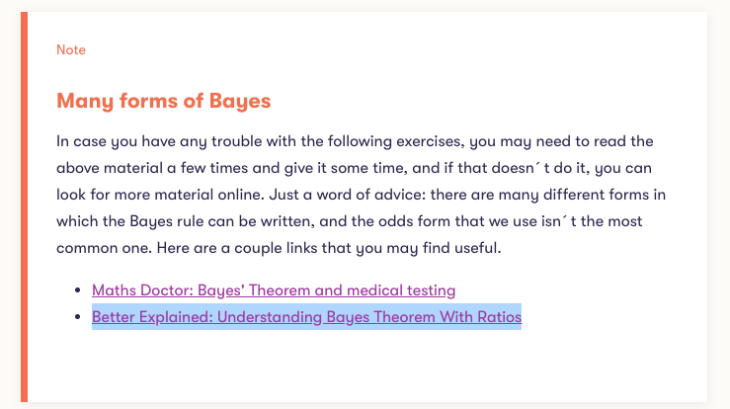After writing a book on upskilling and making a career change into working on AI products, I get a lot of questions about how to learn about artificial intelligence for non technical people. So I’ve started looking for online courses that teach AI for everyone who doesn’t have programming skills.
So much of the content about learning AI has been directed to software developers over the years. If you wanted to learn AI for non programers you had to cobble together YouTube videos or find articles that were written for non technical people. (In fact I wrote a post on how to learn about AI without coding a few years ago and it feels kind of out of date now!)
Thankfully we’re in a better place now and there are far more online courses to learn about AI and machine learning (a subset of AI). These online courses are designed so non engineers can learn AI!
Artificial intelligence is reshaping business, work, and the products that we interact with on a daily basis (hello Netflix, Spotify, gmail, Insta, the list goes on!). It’s imperative that people understand the basics of AI and how the technology shapes their lives.
More importantly, we need people from non technical backgrounds to bring their expertise into AI product development to reduce bias and harm.
Online courses – or other learning experiences – that teach the basics of AI to non tech people can help bring more people from diverse backgrounds into the field.
Courses to learn AI for non technical people
I’m researching and reviewing courses to learn the basics of AI by taking them myself.
I started with a course that I’ve had a crush on the moment I saw it: Elements of AI. It’s a free online course by Reaktor and University of Helsinki.
I chose it as the first course to review because of it’s mission and the international perspective. Elements of AI is a Finnish initiative to “encourage as broad a group of people as possible to learn what AI is, what can (and can’t) be done with AI.” It’s been built in partnership with the national government to educate all Finish citizens about AI.
It’s a brilliant initiative and as it turns out, it is so well executed.
Here’s what makes this online course stand out:
🔥 Beautiful Design 🔥
Elements of AI feels like you’re learning in a creative studio, compared to Coursera, which feels like you’re learning in a drab cubicle

🔥 Active Problem Solving 🔥
Forget passive learning by video, I worked on problems related to probability, linear regression, naive Bayes classification – no code or complex math req’d


🔥 Approachable 🔥
No code, no complex math, just simple explanations. True to their initiative, they make it easy to learn about AI without a programming background.

🔥 Personality 🔥
The writers are helpful, cheeky, and not so serious. It’s a delight to see in a technical space.


Surprisingly, this course uses no video. I thought it might make things slightly boring but it did not. The text is not full of dense technical speak and the design makes it all very digestible. The course functions like a practical, non technical guide to understand machine learning.
The only thing this self paced course is missing is a learning community. While the designers encourage learners to join a forum to discuss learnings, forums are static places. I’m not a fan of forums at all.
But that’s a person learning style, so I’m not going to hold it against this course. It’s such a good course for learning AI for non technical people.
I highly recommend it for people who want to understand AI and machine learning.










